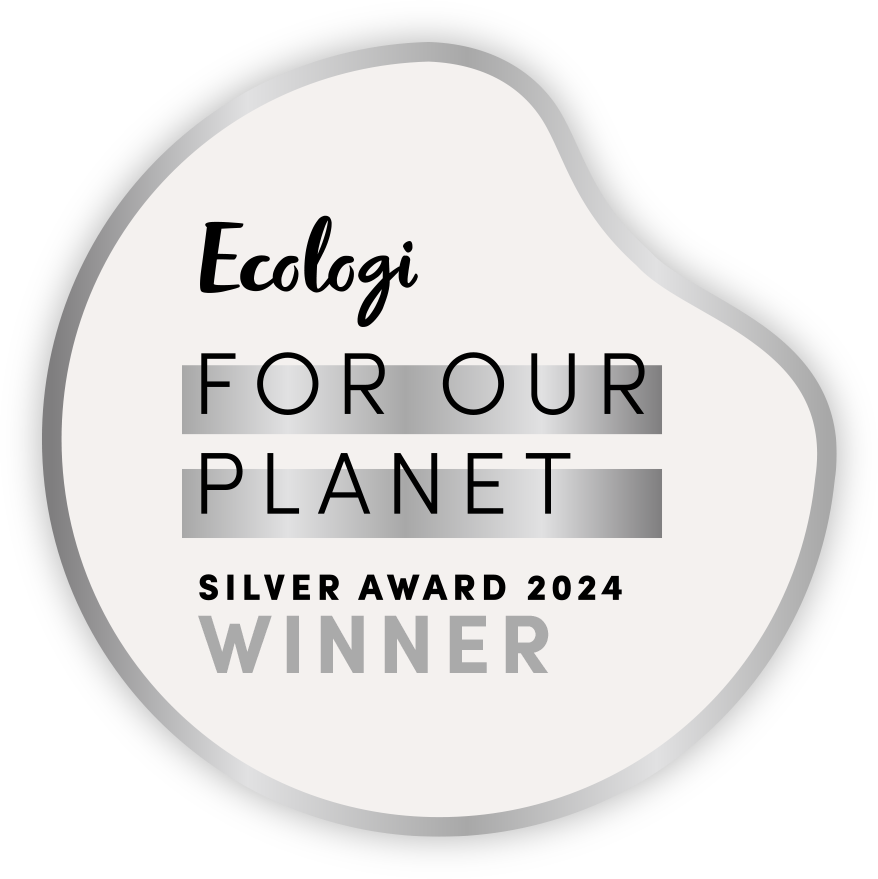Our podcast journey has brought us some very interesting guests to discuss the finer points of finance, ethics and recruitment. A fantastic guest that Leo had the privilege of speaking to recently was Hannah Williams, co-founder of Tiny Rebel Brewery.
Typically accountants are more risk averse, yet throughout her career, Hannah has taken chances and seized opportunities. Now, after having worked for ten years as CFO of Tiny Rebel, Hannah has moved into the charity sector as CEO of a Newport-based, non-profit for tech start-ups called Alacrity. She is playing a pivotal role in helping to build Newport’s Silicon Valley as well as raising her five children!
Against the odds
Hannah is a self-starter whose background is as inspirational as it is unique. She started on the path to becoming a finance professional by taking AS-level Maths at school. Unfortunately, her teacher told her that she wasn’t any good at it so she dropped it at A Level. Hannah planned to do Biology at university, but instead she took a year out, and after gaining a fresh perspective, went to Glamorgan University to do accountancy and finance to prove her teacher wrong. Her reason for going to Glamorgan was that the course there provided a quicker route to achieving her ACCA. Whilst she was there, Hannah worked two days a week in an accountancy firm, helping with solicitors‘ office audits. She found that she enjoyed the processes and understanding how all parts of a business worked together. She didn’t want to just sit in the back office and she enjoyed the audit part (which not many people do!)
How it all began
Fast forward a few years and Hannah and her husband at the time had the gem of an idea for a business of their own. The choice of beer on the market was then fairly limited to Brains Bitter and not much else, but her ex and her brother enjoyed hoppy American and tasty fruit beer (which they brewed themselves in the bath). Hannah’s Dad allowed them to start brewing in his garage, and then, whilst she was on maternity leave, Hannah wrote a business plan. Their next move was to sign a lease on a large unit and the brothers-in-law left their jobs to work full-time in the new brewery.
The company grew and they took the opportunities that they were presented with. At the outset, Hannah’s job spec’ covered everything from completing Excel spreadsheets to hand labelling bottles. However, when she left Tiny Rebel after ten years, they had 164 employees, a 15 million turnover and three highly successful bars, the highest grossing of which is at the brewery itself. The journey had been amazing and she had learnt so much – but she certainly had not been stuck in a back office!
Whilst at Tiny Rebel, Hannah had been on the board of the Newport Economic Network, several larger businesses within Newport who had decided to get together and help the city to develop economically. There were brilliant people on the board with her, one of whom was Simon Gibson, who had a start-up called Ubiquity. He had built software that can be found in most people’s mobile phones. When Simon sold Ubiquity, he became the High Sheriff of Gwent! Simon asked Hannah to be a trustee of Alacrity which is a non-profit organisation building the next generation of digital entrepreneurs. It’s like an incubator where the next generation of tech leaders stay for 12 months, follow world-class mentoring and coaching and then fly the nest.
When Hannah heard that the position of CEO had come up at Alacrity, she decided that she had outgrown Tiny Rebel and wanted to learn more in a different space. She didn’t know much about tech but she did know about business and how to maximise the value of a business in the market. Hannah realised the depth of this opportunity and not just for herself. In Newport there is a lot of innovation going on at a grassroots level and many “grown up” tech start-ups that, although they have left Newport, are now trying to lend a hand with growth in the city.
Hannah started to reach out to people who had held leadership positions as finance professionals in successful businesses to learn and grow her vision. She met some of the most amazing mentors such as Al Barrett of Grenade Protein Bars and Phil Daw of Gym Shark. They encouraged her to build a team around her and to develop the mindset of wanting to give back to the generations coming through. Now, Hannah is very much “Paying it forward”. Her focus is on giving back to future generations by helping startups to build their businesses and to change mindsets with practical ways to prioritise CSR.
Hannah never liked the traditional role of accountants being back of house. She has always seen the finance role as being at the forefront, the most important part of the business. For Hannah, the role of the finance leader is all about giving CEOs the understanding they need for their decision-making. To be innovative and change things, every decision must be made with numbers in mind.
A Passion to Help Businesses Adopt an ESG Agenda
Alacrity now offers a company net zero course to businesses to help them with their ESG agenda. Hannah has found that when businesses are doing well they don’t have time to look at ESG as they are focussed on driving revenue etc. Conversely, if they are struggling to keep their business going, then devoting their time to ESG, such as spending the hours it takes to complete a BCorp application, for example, is hard.
Tiny Rebel started their ESG journey by aiming to change five things in five years. Hannah now recommends to others to start small in a similar way by choosing to do a few small things, like helping a charity for a day, increasing their recycling, or spending a day serving the community. What’s more, Hannah sees saving energy not as a cost but as a cost benefit. For example, changing to LED lighting, recycling more, turning the lights and the air-conditioning off when they aren’t needed all save money as well as energy. In a similar vein, why not change weekly deliveries to fortnightly instead?
How helping the environment helps your company
Having a plan to tackle ESG makes companies more attractive to clients and becoming a BCorp opens many more doors. BCorp status tells your customers and suppliers upfront that you are already doing the right thing where ESG is concerned. The BCorp process is profoundly helpful when it comes to assessing your processes, and it ultimately becomes a top-line driver. Furthermore, as an employer brand, it is a massive benefit as people resonate with the authenticity of the BCorp process.
Hannah’s finance background means that as a CEO she has a very different take on how businesses can make an impact, but she firmly believes that, at the end of the day, the more the finance people are involved in decision-making, the more effective the business can be in terms of ESG. It all starts, however, with small actions such as looking at recycling, incentivising cycling schemes or encouraging people to turn the lights off!
If you are in search of new talent, why not start a conversation with us and experience a combination of the very best of finance professionals, ethics and recruitment.





